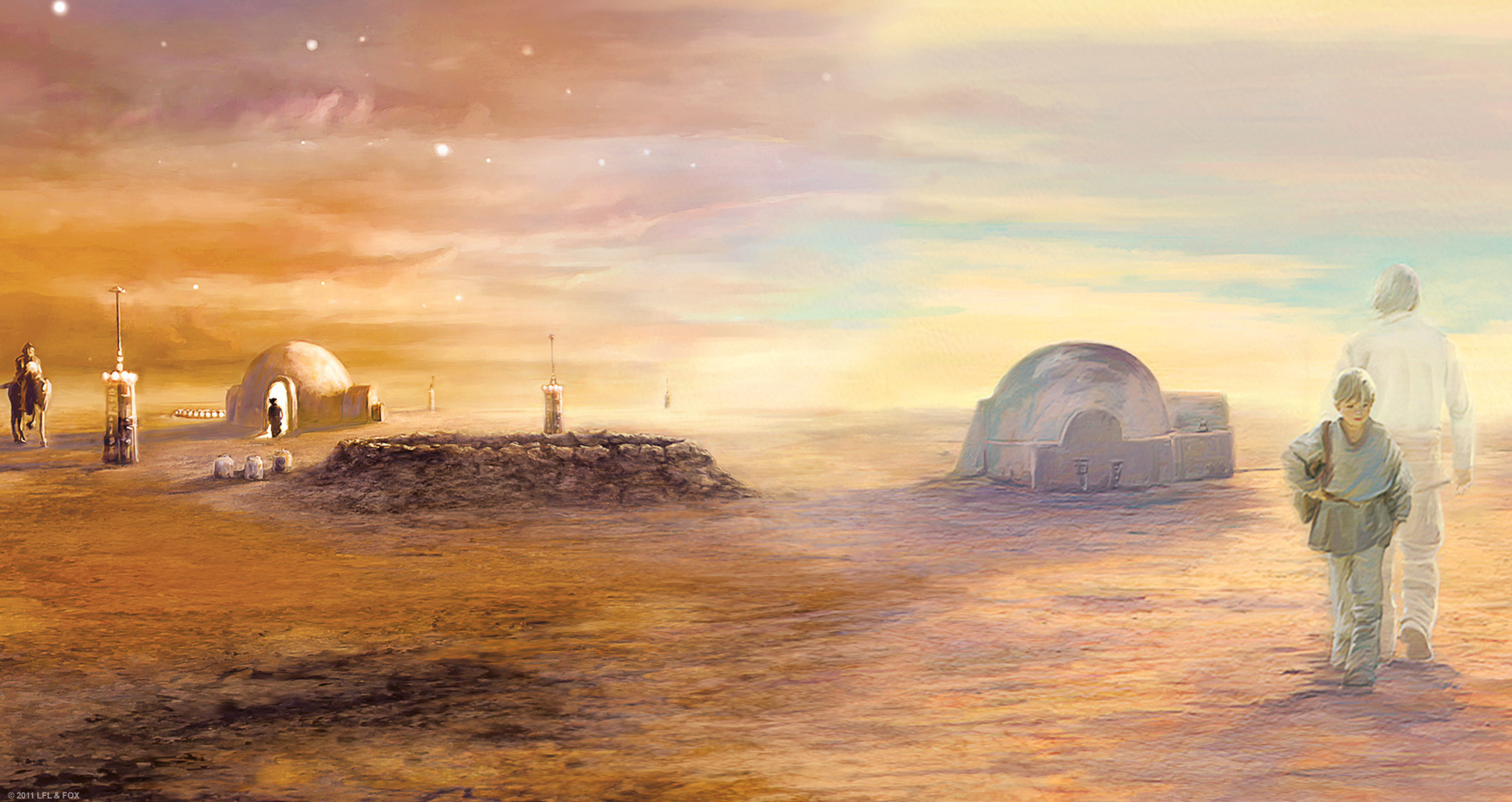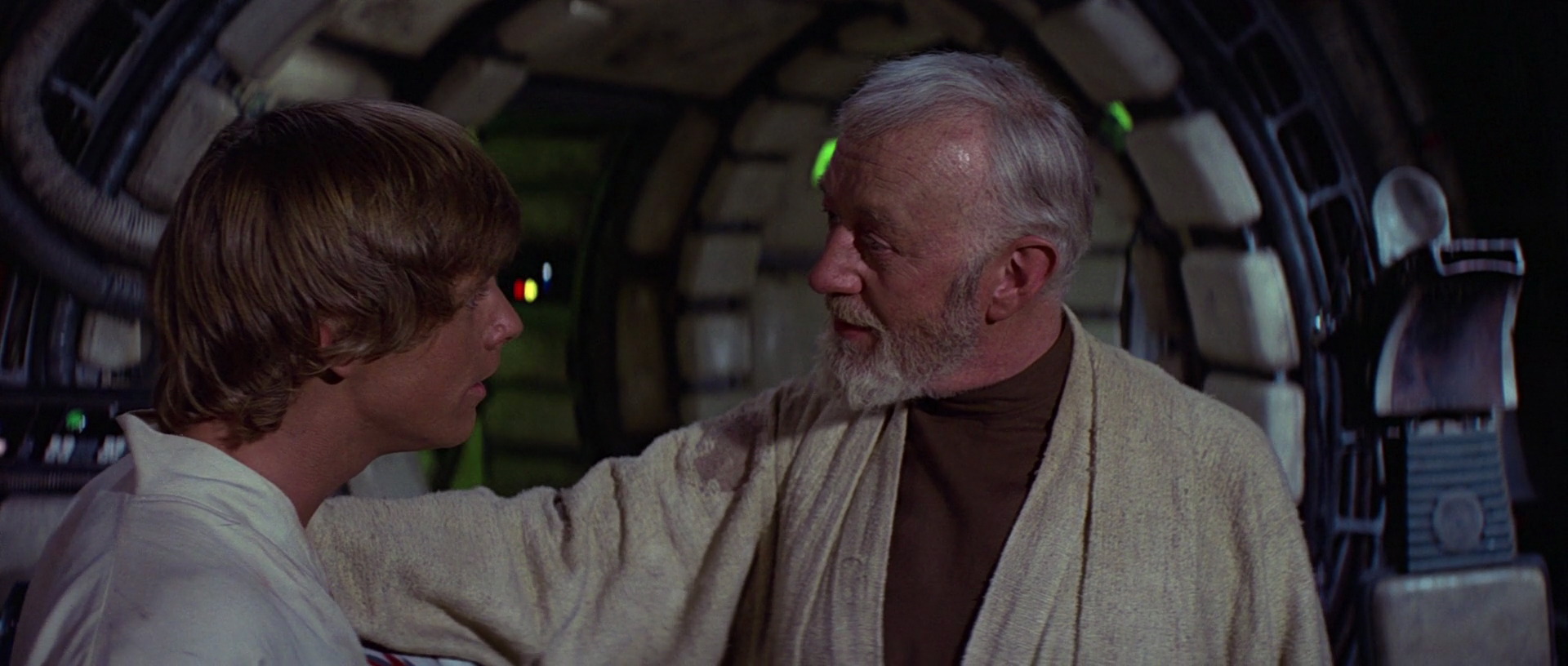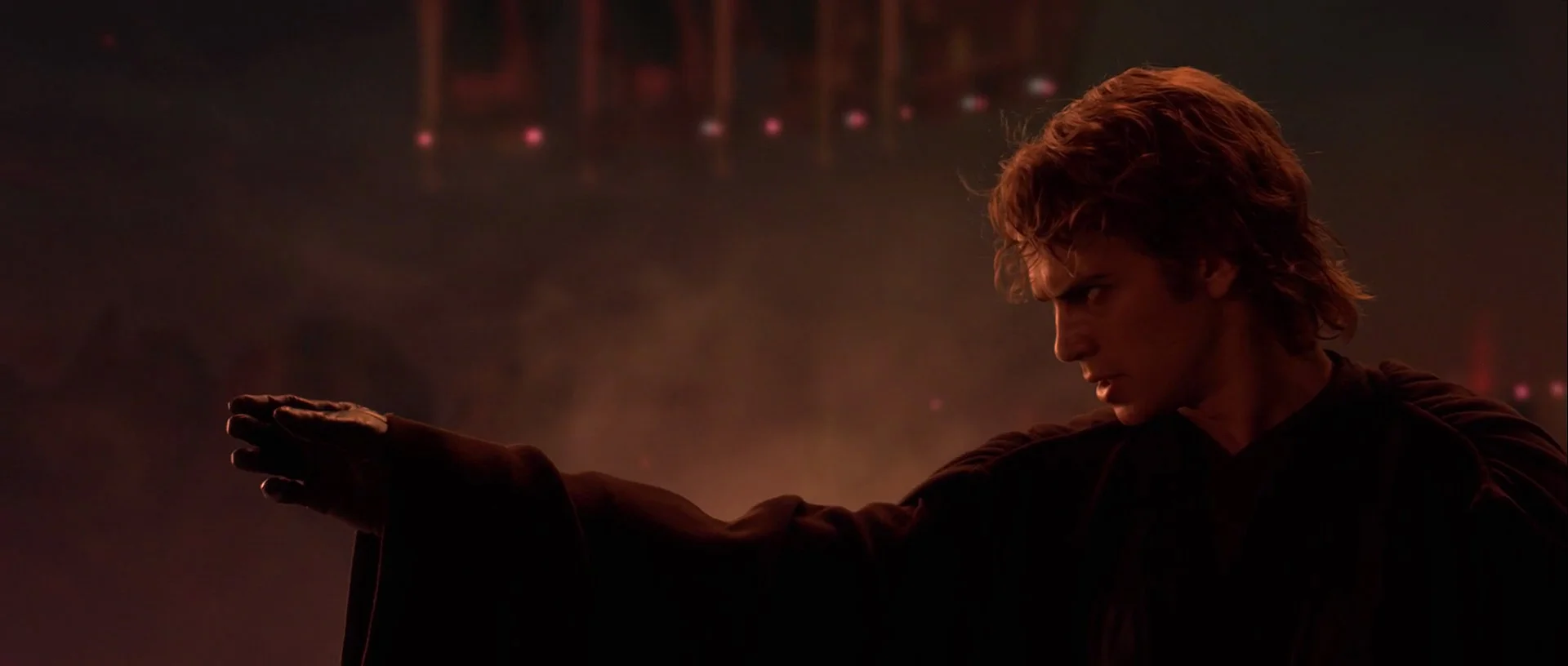The next phase of the biggest science fiction franchise just started with the premiere of Star Wars: Rebels. Continuing the proud tradition of the animated Star Wars: Clone Wars, this new cartoon will fill in the gaps between the prequel and original trilogy and set up 2015’s Star Wars: Episode VII.
Rebels is a triumphant return to the Galactic Empire. Fans of the original Star Wars films will find a lot to love in Rebels. There are also some fun Firefly and Guardians of the Galaxy influences sprinkled throughout the show. It’s clear that the force is strong with Disney, the new caretakers of the Star Wars universe.
Since we’re beginning a new era in a galaxy far far away, I wanted to see if it was possible to distill the entire saga down to a single psychological idea (just like I did with Star Trek). This was quite a challenge since my buddy Dr. Andrea Letamendi and I keep finding new ways of psychoanalyzing Star Wars. After rewatching the films and the best of Clone Wars, it’s clear that the essential psychology of the Star Wars universe is all about mindfulness.
“You must feel the Force around you.”
Star Wars is a story about good versus evil set against the backdrop of the Skywalker family. Originally with Luke and later with Anakin, we learn that the Skywalkers are deeply attuned to the power of the Force. What exactly is the Force? Here’s how it’s described in the original Star Wars film:
Obi-Wan: The Force is what gives a Jedi his power. It's an energy field created by all living things. It surrounds us and penetrates us. It binds the galaxy together.
While our understanding of the Force evolves with the prequel films (you know, with Midichlorians), the main idea behind it remains the same – with practice, Jedi gain a heightened awareness of the present moment, enhance their physical and mental abilities, and develop cool supernatural powers.
All the greatest moments in Star Wars involve the Force. But if you look closely, it’s not the Jedi mind tricks or Force jumps that get all the screen time. A heightened awareness of the present moment is the power we keep seeing throughout the saga. It’s how Luke destroys the Death Star, the skill Yoda emphasizes in his Jedi training, and what helps Darth Vader turn against Emperor Palpatine. In the prequels, this power helps Qui-Gon discover Anakin and is how Yoda and Obi-Wan unravel the threat of the Sith. It’s also the ability we see Ahsoka develop in Clone Wars and what we’re seeing Ezra learn in Rebels. There’s a name for this skill in psychology and it’s called mindfulness.
What is mindfulness?
Mindfulness is based on an ancient Buddhist meditation that has only recently been studied by scientists. Think of mindfulness as “the ability to quiet your mind, focus your attention on the present, and dismiss any distractions that come your way.” It’s not just about concentration – mindfulness helps you to fully live in the present moment and accept it for what it is.
While it might sound like an abstract idea, you've probably been immersed in a moment many times in your life. People are often highly focused when they’re only doing one thing at a time (like watching Star Wars in a movie theater), doing something for the first time (constructing a new Millennium Falcon Lego set), or experiencing strong emotions (when someone tells you Star Trek is better than Star Wars).
But to achieve mindfulness, you have to ignore the stuff that takes you out of the present. That means shifting from judging a moment (“I hate the prequels”) to describing it (“The prequels are different from the films I grew up with”) and restricting emotions (“Don’t even say the words Star Wars Legends!”) to accepting them (“It’s okay to mourn the end of the Expanded Universe”).
Mindfulness will help you become a better Star Wars fan. You’ll be able to watch The Phantom Menace without cringing at the sight of Jar Jar Binks, finish building a Millennium Falcon Lego set despite the frustrating small pieces, and listen to a Trekkie's arguments against Star Wars even though you want to force choke them. It’s also good for your health. Mindfulness improves memory, refines focus, helps people cope with strong emotions, increases creativity, and boosts the immune system.
This is what I love about Star Wars – throughout every iteration of this franchise we return to the basic idea that if you fully experience the present moment, amazing things can happen. “Using the force” isn’t a skill unique to Jedi Knights – it’s something anyone can master with a little practice.
What about the Sith? Do they practice mindfulness? Quite the opposite...
Avoidance is the path to the dark side
To understand the dark side of The Force, we need to get back to the Skywalkers. Both Anakin and Luke go through similar experiences. They’re raised away from their parents, are blocked from doing the things they want to do, experience traumatic events like the murder of family members, and are thrust into galactic war without completing their training. Why does Anakin become a Sith while Luke remains a Jedi? Anakin desperately avoids painful experiences while Luke has mastered mindfulness.
Anakin struggles with something called experiential avoidance (the opposite of mindfulness). It’s hard for him to live in the present moment, feel emotions, and remember painful memories. By avoiding, controlling, and restricting experiences, Anakin initially feels relief. But this causes long-term problems. He starts to get nightmares, acts impulsively without thinking of any consequences, and becomes obsessed with protecting Padme because he never wants to feel grief ever again. Darth Sidious capitalizes on Anakin's obsession with avoidance and that's how this Skywalker becomes Darth Vader.
There’s a good reason why Anakin struggles with experiential avoidance. He was enslaved at an early age and probably suffered a lot of physical and verbal abuse. We know kids who experience these types of traumas feel powerful emotions and have a hard time managing them. By comparison, Luke had a relatively normal childhood with two stable caregivers.
I don’t want you to think shutting down uncomfortable sensations will make you want to wipe out a bunch of younglings. Avoidance here and there is okay. But long-term experiential avoidance causes a lot of problems and it might be one of the root causes of all mental health disorders including depression, anxiety, substance abuse, and eating disorders.
Yoda was wrong when he said, “Fear is the path to the dark side.” Fear just prepares us for dangerous situations. But George Lucas nailed it when he created a story about the consequences of experiential avoidance and virtues of mindfulness.
Developing mindfulness
How does one begin their Jedi training and learn mindfulness? There are lots of resources available on and offline. Andy Puddicombe’s TED talk is a great introduction to living in the present moment, the Mayo Clinic has a nice list of quick mindfulness exercises you can start right away, and Jonathan Kaplan’s Urban Mindfulness is a concise book about practicing mindfulness in the most chaotic of environments.
I recommend starting with short awareness exercises. You could go out for a walk and focus on the world around you. Or perhaps drink some tea and pay attention to the color, temperature, smell, and taste of the beverage. You can also concentrate on what each part of your body feels like in the exact position you're in at this moment. Throughout all of these exercises, just make sure you embrace the experience fully and if you become distracted by thoughts or feelings make a mental note of them and return to the task at hand. Once you become more mindful during these exercises, you'll be able to integrate mindfulness into other parts of your life.
Some words of caution. It takes years for a Padawan to become a Jedi. While it won't take you that long to learn mindfulness, it's definitely something that requires a long-term commitment. It's also something that can't be applied 100% of the time. Do you see a Jedi use the Force every moment of every day? Of course not, that would be exhausting! Mindfulness works the same way. Use it when you want to increase your awareness or reduce experiential avoidance. Lastly, one of the pesky problems we have in this galaxy is the mindless culture we live in. Our always-connected technology makes it easy for us to escape the present moment. When you're practicing mindfulness, put away your smartphone and turn off nearby screens.
A New Dawn
The prequel and original Star Wars trilogies tell essential stories about psychological distress and health. We don’t know what ideas will be explored in the sequel trilogy, but we do know that J.J. Abrams has always been immersed in the Star Wars saga. I'm confident he'll honor its psychology in Episode VII, just like every iteration of this awesome universe.






